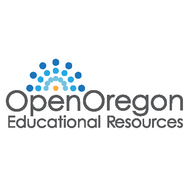Introduction to Forestry
(View Complete Item Description)What does forestry even mean? Well, what it means has changed a lot over time. As the public’s perception of forestry has changed so has the profession. The 1944 and 1958 Society of American Foresters (SAF) Dictionary of Forestry, defined forestry as “the scientific management of forests for the continuous production of goods and services.” Compare that to the most recent 2018 SAF Dictionary of Forestry which defines forestry as: “the profession embracing the science, art and practice of creating, managing using, and conserving forests and associated resources for human benefit and in a sustainable manner to meet desired goals, needs and values -note the broad field of forestry consists of those biological , quantitative, managerial, and social sciences that are applied to forest management and conservation; it includes specialized fields such as agroforestry, urban forestry, industrial forestry, nonindustrial forestry, and wilderness and recreation forestry.” As you can read, the profession has changed over time and now encompasses a variety of disciplines all adapted to meet desired goals, needs and values. This text is not comprehensive of all the disciplines but an introduction to them. Additionally, as this is an Introduction to Forestry, the set of readings was selected to be engaging and create interest and not be an end. It is hoped that this sampling of the topics will generate additional interest in the profession and the broad field of forestry and encourage you to investigate further.
Material Type: Full Course, Lesson Plan




















